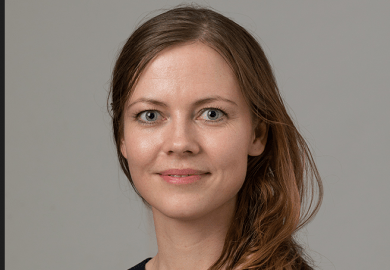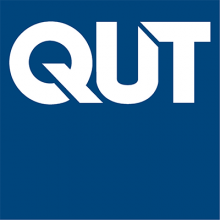Job insecurity is impelling Australian academics to fudge their figures as they try to stand out in a publish-or-perish profession.
A survey of more than 500 early career researchers has found that “questionable research practices” are routine at Australian universities. One in five respondents said ongoing misconduct was “commonly discussed” within their peer groups, yet not investigated.
One in 10 believed that people in their faculties had fabricated data. Almost half suspected colleagues of trying out different analytical methods until one yielded statistically significant results, in a sector so plagued by soaring workloads and plunging job satisfaction that just a quarter said it was a good time to be a researcher.
Lead author Kate Christian, a visiting fellow at Queensland University of Technology (QUT), said the federal government should take note given its stated desire for a strong science environment.
The findings have been submitted for peer review and uploaded to the bioRxiv preprint server. The team initiated the study after an earlier survey of more than 650 early career researchers revealed alarming levels of bullying, harassment and poor supervision.
The problems proved to be linked, with more than 60 per cent of respondents reporting that colleagues had claimed “undeserved” authorship of journal articles, and more than 40 per cent saying genuine contributors had been denied authorship credits – often at the behest of respondents’ supervisors.
The paper says that these and other “indiscretions” – ranging from selective exclusion of data to plagiarism and outright fraud – are incentivised because publications are “the primary currency” of academia. As publication volumes continue to rise, researchers adopt ever more “extreme” measures to demonstrate their worth, in a sector where job security is elusive.
“This is the critical problem that underpins many of the challenges faced by early career researchers in this study, and by academics around the world,” the paper argues.
Co-author Mike Doran, a biomedical engineer with QUT and AstraZeneca, likened researchers to estate agents and used car salespeople. “Whenever you put people into these strange kinds of metric systems, you can find some bad behaviour,” he said. “It’s worth dwelling on whether the metrics are achieving what we want them to achieve.”
Dr Doran said that there was a clear link between the practices reported in the survey and science’s reproducibility crisis. “These activities are not necessarily as bad as outright fraud, but because they’ve become so commonplace, it’s likely that they’re more detrimental,” he continued.
“We’ve entered almost a post-science era. The current systems are not capable of checking science. Academia thinks the problems are the anti-vaxxers, but it’s likely that we’re just destroying ourselves.”
The team said that an independent research integrity office should be established and portions of research budgets should be set aside for reproducibility studies. Another suggestion was to pay bounties to whistleblowers who exposed research fraud – an increasingly prominent practice in the US.
Dr Christian also advocated longer research contracts and a “greater focus on research integrity” in researchers’ professional development.
Register to continue
Why register?
- Registration is free and only takes a moment
- Once registered, you can read 3 articles a month
- Sign up for our newsletter
Subscribe
Or subscribe for unlimited access to:
- Unlimited access to news, views, insights & reviews
- Digital editions
- Digital access to THE’s university and college rankings analysis
Already registered or a current subscriber?










